The Federal Government of Nigeria has unveiled a bold plan to revolutionize internet connectivity across the nation, with a significant investment of $2 billion aimed at connecting all 774 local government areas through fiber optics.
Ministry’s Vision for Enhanced Connectivity: Dr. Bosun Tijani, Minister of Communications, Innovation, and Digital Economy, spearheads this initiative, aligning with the ministry’s vision outlined in a white paper published earlier in January 2024. The paper emphasizes the critical role of deploying fiber optic cables nationwide to achieve a target of 70 percent broadband penetration by 2025.
Strategic Partnerships and Funding: The project has garnered support from various institutions, with pledges including a substantial commitment of $200 million from the African Development Bank. Additional support comes from the World Bank, the African Export and Import Bank, and the United States Export and Import Bank. Dr. Tijani also highlighted strategic partnerships with private sector investors to facilitate the project’s implementation.
Pilot Phase and Expansion: The initial phase of the project will commence in eight states, including Imo, Kogi, and Zamfara, among others, with plans for nationwide expansion. This phased approach allows for efficient testing and scaling of the infrastructure.
National Broadband Alliance for Nigeria: To address disparities in connectivity and promote digital inclusion, the Ministry proposed the establishment of the National Broadband Alliance for Nigeria. This collaborative effort aims to drive broadband development across various sectors, including education, healthcare, finance, e-commerce, and e-governance.
Economic and Social Impacts: Dr. Tijani emphasized the significant economic and social benefits of improved internet access, including enhanced education, healthcare delivery, and market access for Micro, Small, and Medium Enterprises (MSMEs).
Digital Trade Facilitation Program: In addition to the fiber optic connectivity initiative, the Federal Government, in collaboration with the World Trade Organization, is embarking on a digital trade facilitation program. This program aims to leverage digital infrastructure to boost e-commerce trading for MSMEs, improve market access, and enhance productivity in line with global trade trends.
Historical Context: This ambitious initiative builds upon previous efforts, including the 2013 launch of the Fiber-Optic Research and Education Network, which connected 27 Federal universities to each other via the Internet. Spearheaded by the Ministry of Communication Technology, under the leadership of Mrs. Omobola Johnson, this earlier initiative prioritized Nigerian students’ access to Information Communication Technology (ICT) development within the education sector.
Overall, the Federal Government’s commitment to expanding fiber optic connectivity reflects a proactive approach to harnessing digital technology for national development and economic growth.
Source: Innovation Village

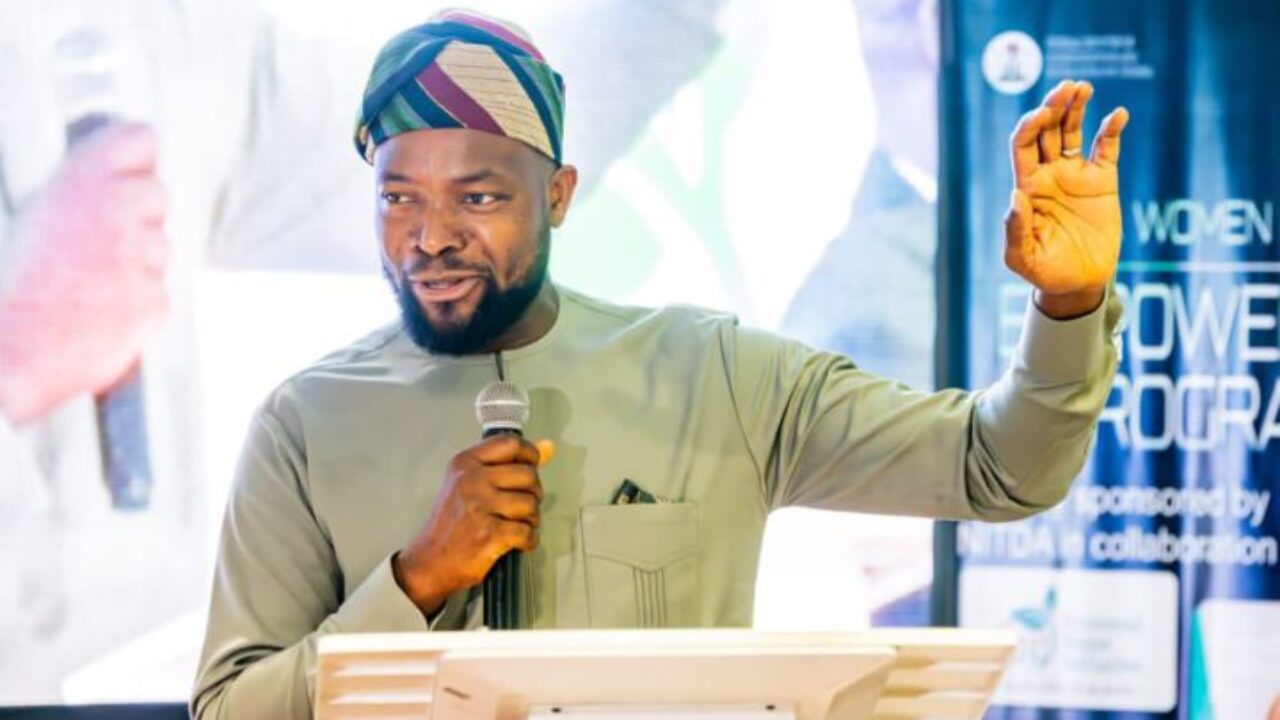


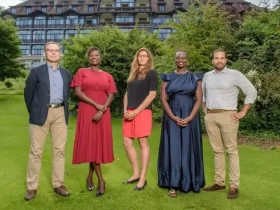







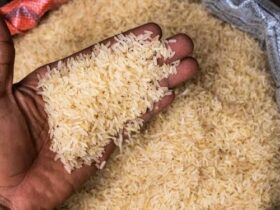
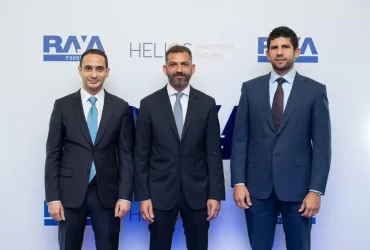
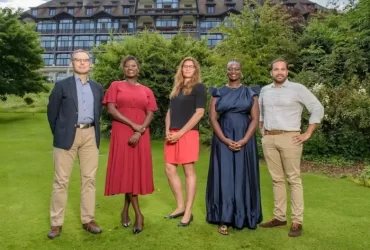




Leave a Reply